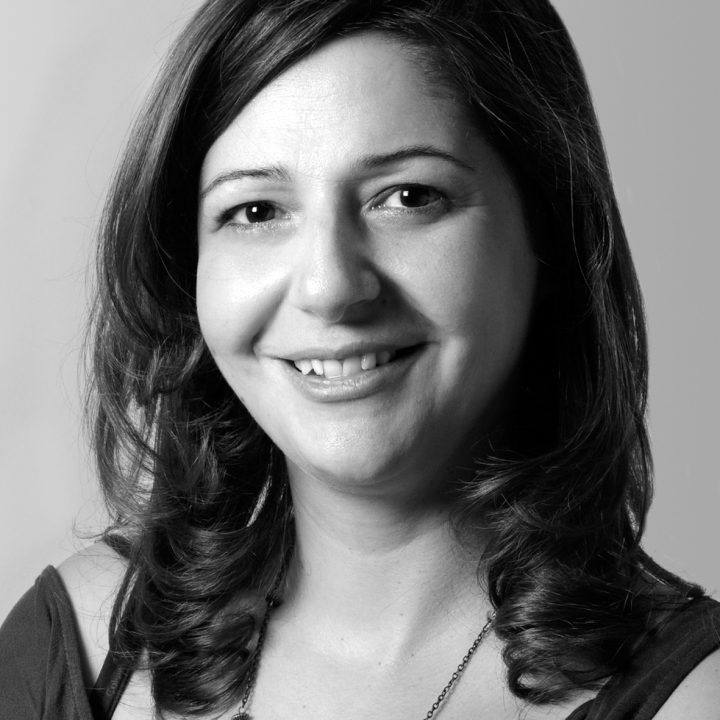In Lebanon, we don’t always forgive, but most of the time we forget. The process is sometimes selective. We choose when to forget and when to forgive, depending on what we are told. Our leaders, all of them, shape our collective memories behind closed doors, and we always end up following them.
We are good followers, tame and compliant. We forgot the civil war that lasted for 15 blood-soaked years and went about our lives as if it didn’t happen. We embraced amnesia instead of embarking on the painful but necessary process of building a collective memory based on accountability and then forgiveness.
So why are we bringing this up now? We are entering a very critical phase in which we are being forced to choose between justice and stability. Deals are being made under the table – again – and our basic values might be compromised once more.
In the midst of all this, in order to resist another wave of collective amnesia, NOW Lebanon will try to show its readers the harsh and human reality of the people who were injured or who lost loved ones during the string of assassinations and bombings that have taken place since 2005.
This spotlight is our effort to stress that the priorities of the Lebanese during these difficult times should not stray from the main goal of bringing justice to the victims and their families. No political leader should try to take advantage of their memory or forget about them.
Away from the rampant political divisions tearing our country apart, the everyday threats of strife and the international community’s “concerns” over Lebanon’s stability, there are people who lost their loved ones. They were the innocent bystanders who happened to be passing by or riding in the car with a politician who was targeted. They could have been anyone.
This is an attempt to remember those who suffer every day, away from the politicking and power-sharing duels of our political leaders. They still suffer every day and know that nothing will bring back their loved ones. But justice might, just might, reduce their everyday agony.
These people are our main concern when it comes to justice, and we hope we will be able to shine some light on their lives and struggles. If they don’t deserve both justice and stability, then the coming months in Lebanon will not be bearable.
On the other hand, we hope we are not misunderstood. This is not another attempt at selectiveness. We are not choosing those victims and their families who we deem to be more worthy of remembering. Other victims – those who disappeared during the civil war or those who were killed on different occasions – are not less worthy of our attention.
We have attempted and will continue to try to highlight theirs and their families’ struggles in our articles and features. However, we wanted this spotlight to focus on this particular group of victims due to the current tension surrounding the Special Tribunal for Lebanon (STL).
These people are the reason why the STL was established. It was created to find the truth about who was responsible for the deaths of their sons, daughters, husbands, wives, brothers and sisters. Nothing should be risked without referring to them. The STL was created for the Lebanese people, but it is for these victims that we need to see justice brought.
Hanin Ghaddar is the managing editor of NOW Lebanon.








